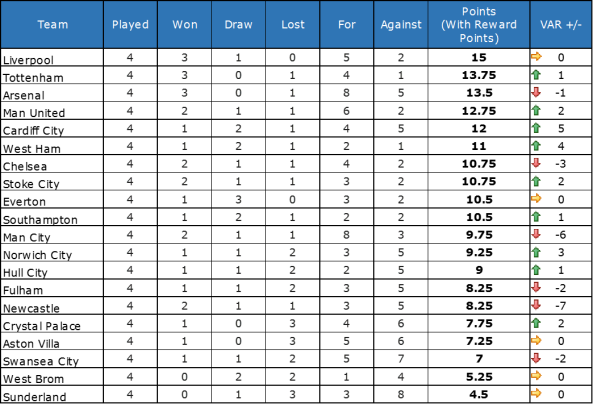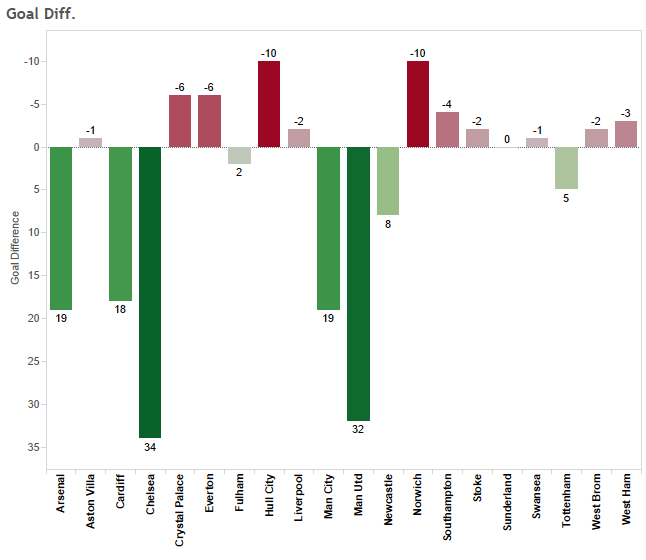The two targets I have for the England team are – one, to at least reach the semi-finals of Euro 2020. Two, win the World Cup in 2022.
When the new FA Chairman Greg Dyke made his keynote speech a couple of weeks ago, it prompted a lot of discussion and debate in the media about what could be done to support, renew and develop English football, and in particular the England team.
Sadly, the majority of the debate was about apportioning blame rather than finding solutions.
The blame was attributed to the usual suspects; grassroots football had its customary (and very poorly informed) hammering, the Premier League got more than its fair share of finger jabbing and even the good old English weather got a mention. Did I dream about the article that said England should stick to what we’re good at – blood and thunder, long ball football? Hope so.
Buried within the tosh though was a Talksport radio show (I think it was the Drivetime show with Adrian Durham and Darren Gough) where they were actually trying to seek a solution. A lot of the suggestions that listeners were calling in with were unworkable, some due to European law, some due to human rights and some due to plain old greed.
However, one guy had an idea that I quite liked. He proposed that the Premier League could encourage the Premier League clubs to select and play more English players by rewarding them with points. This would result in more English players getting more top level experience providing the England manager with more to select from. Genius!
Of course it’ll never happen but it got me thinking, would the points on offer make any difference to clubs position in the league?
So let’s do it, lets recalculate the Premier League with Reward Points.
The Method
Each Premier League team has played 4 games at the time of writing this so I’ve looked at each teams weekly match squad and counted the number of English players that made an appearance each week. This includes substitute appearances.
Next we need to decide the level of points that are awarded.
Over the years I have taken huge enjoyment from seeing some of the worlds best foreign players grace the English leagues, from Ravanelli to Klinsmann, Cantona to Zola and Veron to Boogers.
Ok, maybe some duffers have snuck in too, but we want the quality foreign players to keep coming though don’t we? Therefore I think it would be reasonable to suggest that a fair amount of English players playing for a team each week is 6, from a maximum potential 14 (11 + 3 subs). If each team fielded 6 English players each week that would give us 120 English players getting the much needed game time.
A nice round (and pretty arbitrary) figure for a points reward would thus be 0.25 per player – 6 English players x 0.25 points = 1.5 points reward.
For every English player that plays in a Premier League game, I will reward the team with 0.25 points.
The Numbers
At a glance it seems pretty obvious that Newcastle United and Swansea aren’t doing much to help the cause. Ironically, the biggest supporter of the England team is Cardiff. Thanks Cardiff.
The overall figures so far are as per the chart below:
The next job is to multiply these appearances by 0.25 to gain an overall Reward Points score.
As we knew, Newcastle are left embarrassingly behind in the potential supply of England players and Cardiff and Manchester United lead the way.
And so to the main point of the article, would reward points make any difference to the Premier League table. The table, with these reward points added, would look like this:
Whilst the top spot in the table doesn’t change, 15 out of the 20 clubs do actually change positions.
The biggest winner is, unsurprisingly, Cardiff City with a climb of 5 places (and into a European place). As expected, Newcastle suffer the most, dropping 7 places with Man City not far behind, dropping 6 places themselves.
Conclusion
Doing a hypothetical exercise like this does actually highlight a few flaws within the plan. For example, Sunderland gain points for playing Kieran Richardson, however, despite him still only being 28, it is unlikely that he will have an impact on the future of the England squad. The same can be said for a number of English players (Rio Ferdinand, Joe Cole and Peter Whittingham).
Overall, I like the idea, and the potential benefits of it. If it was applied to the Premier League, and each team fielded 6 English players, there would be a difference in only 4 weeks of +129 English appearances.
Sadly, it’s never going to happen, and if it did there is still no guarantee that it would impact positively on the England team. My solution is for every England youth team from u16 to u20 to get together at St Georges Park for 1 week every month to spend time with the England coaches, receiving England specific training (tactics, style, formation etc). This would need the cooperation of all the clubs but would create a future pathway for England players who had trained and played together for an extended period. The result being a unified approach across all of the England teams.
But, hey, thats just me.










































